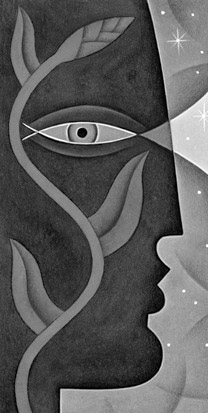HAMAN

The most arrogant people are often those who must measure their self-worth by the power or influence they think they have over others. Haman was an extremely arrogant leader. He recognized the king as his superior but could not accept anyone as an equal. When one man, Mordecai, refused to bow in submission to him, Haman wanted to destroy him. He became consumed with hatred for Mordecai. He was already filled with racial hatred for all the Jewish people because of the long-standing hatred between the Jews and Haman’s ancestors, the Amalekites. Mordecai’s dedication to God and his refusal to give homage to any human person challenged Haman’s self-centered religion. Haman saw the Jews as a threat to his power, and he decided to kill them all.
God was preparing Haman’s downfall and the protection of his people long before Haman came to power under Ahasuerus. Esther, a Jew, became queen, and Mordecai’s role in exposing an assassination plot indebted the king to him. Not only was Haman prevented from killing Mordecai; he also had to suffer the humiliation of publicly honoring him. Within hours, Haman died on the gallows he had built to hang Mordecai, and his plan to wipe out the Jews was thwarted. In contrast to Esther, who risked everything for God and won, Haman risked everything for an evil purpose and lost.
Our initial response to the story about Haman is to say that he got what he deserved. But the Bible leads us to ask deeper questions: How much of Haman is in me? Do I desire to control others? Am I threatened when others don’t appreciate me as I think they should? Do I want revenge when my pride is attacked? Confess these attitudes to God, and ask him to replace them with an attitude of forgiveness. Otherwise, God’s justice will settle the matter.
Strength and accomplishment |
|
Weaknesses and mistakes |
|
Lessons from his life |
|
Vital statistics |
|
Key verses |
“And when Haman saw that Mordecai bowed not, nor did him reverence, then was Haman full of wrath. And he thought scorn to lay hands on Mordecai alone; for they had shewed him the people of Mordecai: wherefore Haman sought to destroy all the Jews that were throughout the whole kingdom of Ahasuerus, even the people of Mordecai” (Esther 3:5–6). |
Haman’s story is told in the book of Esther.